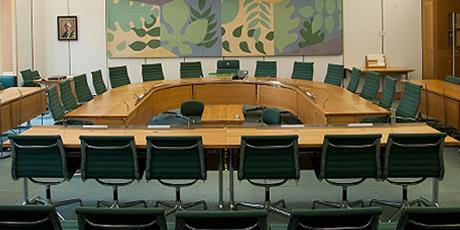
by Alex Dunnagan | Jan 27, 2023
Video Games Tax Relief (VGTR) cost a record £197m last year, more than five times as much as it was anticipated to cost when it was introduced.1 A total of £830m in subsidy to the video games industry has been paid since the relief was introduced, with numbers...

by Alex Dunnagan | Jan 18, 2023
A new PAC report argues that the government is “missing the opportunity to recover billions” Tax Debt stands at £41.6bn, over £20bn more than pre-pandemic levels, with HMRC estimating it will take “some years” for this debt to be reduced. New PAC report argues that...




